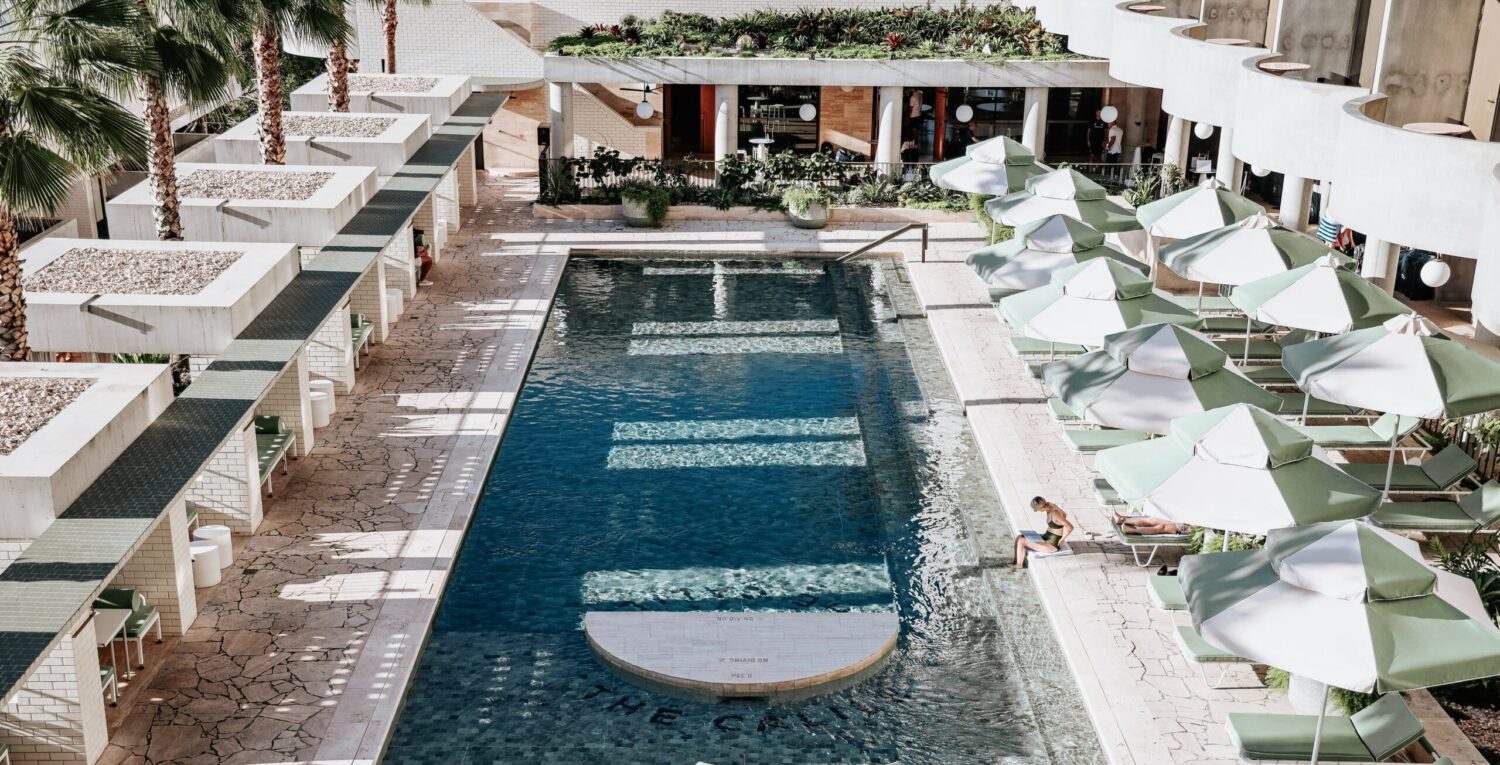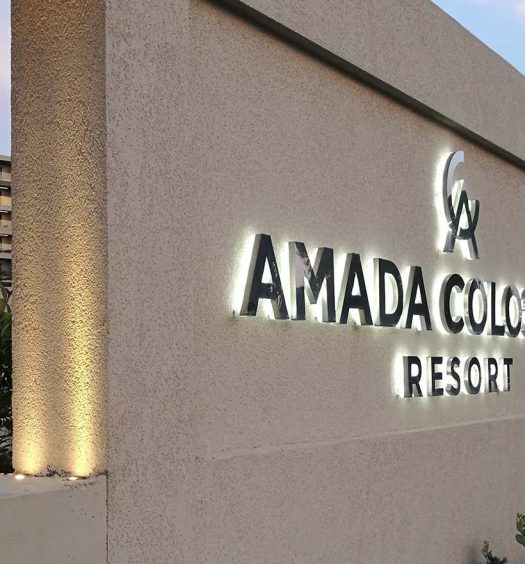Hotels, depending on their category, location, and size, have different parameters to consider when it comes to the operation of their booking department, as well as different results to expect during the hotel season. So, hereby you can learn which are the do’s and don’ts for your hotel’s last-minute reservations' process and if they can actually extend the season!
6 mins readEach hotel, depending on the category in which it is classified, has different expectations, and seeks different results from its operation. For example, a small hotel unit, with a few rooms and a small group of staff, can more easily depend on last-minute reservations. Likewise, the same applies to a hotel located in a destination where flights take place all year long. On the contrary, a hotel unit, which is located on an island, with no airport nearby, it is hardly possible to expect any last-minute reservations, especially at the end of the season.
Similar examples compose the first picture of our puzzle; it is important for each hotelier to first study the environment and operating conditions of his business before proceeding to further analysis. It is important to note that when claiming a share of last-minute room reservations, it is necessary to make certain changes in the hotel’s sales plan, which will initially attract the eyes of the prospective travellers.
Over time, the two main characteristics of travellers are price sensitivity and the use of mobile devices for their reservations.
Change the look of your hotel sales with proper pricing and an appropriate cancellation policy

When investigating the key features of this customer behaviour, it is necessary to transform the hotel sales presentation accordingly. One significant factor in this process is the flexibility of the cancellation policy according to the market requirements. That is suggested to be examined separately for each destination. I refer to this, since for the destination “A” the booking window of last-minute reservations can possibly open in 7 days, for the destination “B” in 3 days, and for the destination “C”, which could be a city destination, it can open at the same day. When adopting the appropriate cancellation policy, it is essential to apply special pricing, and that practice is one of the keys to success.
The issue of pricing is a sensitive issue (e.g. price sensitivity) that governs this customer behaviour. So, in order to make the right decisions upon this issue, always refer to the existing reservations of your hotel. That will help you manage more effectively the possible “special offers” for last-minute reservations, especially the automated ones. Keep in mind that it is feasible to activate special offers for your hotel and choose a certain number of days before the respective date (e.g. 5 days before).
Try not to act against the principles of yield management for price fluctuations depending on availability and market dynamics. An experienced salesperson should keep an eye on the booking plan and change the pricing policy according to the needs of each day, especially when automatic tools are activated, such as last-minute discounts.
Take advantage of the opportunities offered by Online Travel Agents for hotel accommodation.

Alternatively or in combination, an accommodation that requires the attraction of last-minute bookings, can activate special offers provided by all major Online Travel Agents (OTAs) for mobile bookings. This special category of offers is usually accompanied by mobile promotion and marketing actions. The hotels that offer this discount appear on the page of the Local Government with a special marking. An experienced traveller has a well-trained eye to discover all these “goodies” offered by hoteliers.
For effective last-minute reservations, you should take into account the market dynamics, the infrastructure, and the capacity of your hotel, but also the traveller himself!

The attraction of last-minute reservations, should not be considered a panacea or a solution of salvation for hotels. After all, I consider it necessary to refer to the other operating conditions that must be met in order for this project to have a positive outcome.
- Are there any flights from abroad? How many and which ones concern your hotel? It is important to be aware of the flow and the number of international flights that arrive in the nearest airport. This is an essential practice for each hotel in order to plan properly its booking operation.
- Are there any guarantees, even informal ones, that we will receive a sufficient number of bookings? If the market dynamics during the last scheduled month of operation of the hotel is NOT satisfactory, then we should not be consumed on analyses for last-minute reservations and extension of the season.
- Are the hotel facilities adequate to accommodate guests even in an out of season period? A hotel with open-air corridors or an open-air restaurant may not be able to accommodate guests when the weather is bad. Especially if there is no proper heating infrastructure.
- How many rooms does my hotel have and how many of them are usually filled with last-minute reservations? A look at the booking statistics will give you a glimpse of what you could expect. Keep in mind that these figures are usually about the hotel’s regular season and not the edges or possible extensions.
- How much staff is needed to run the accommodation, even if it is a small number of rooms and sections? The cost of staff is one of the highest in the budget of any business. It is necessary to be aware of the available budget in advance, and examine what further expenses will be made in order to extend the operation of the hotel, expecting not only the last-minute but any reservations.
- Being in this particular period where the pandemic influences travellers’ decisions, it is necessary to study the epidemiological evolution in the areas from which our travellers usually come. Markets entering the second phase and showing an increased number of cases lately, will hardly show travel interest, let alone off-season.
Ultimately, the decision to attract last-minute bookings is anything but easy.
In order to promote last-minute reservations, certain questions should be answered first, regarding the sustainable operation of your hotel. If we compare the hotelier of 2020 with the ingenious Odysseus, where he successfully filled a part of his rooms by applying all kinds of tricks, he certainly passed through “Scylla and Charybdis” this year. But there is no need to “listen to the song of the Sirens” because there are many “suitors” and “the pie of last-minute reservations” is definitely enough for some of them, but not for all.






